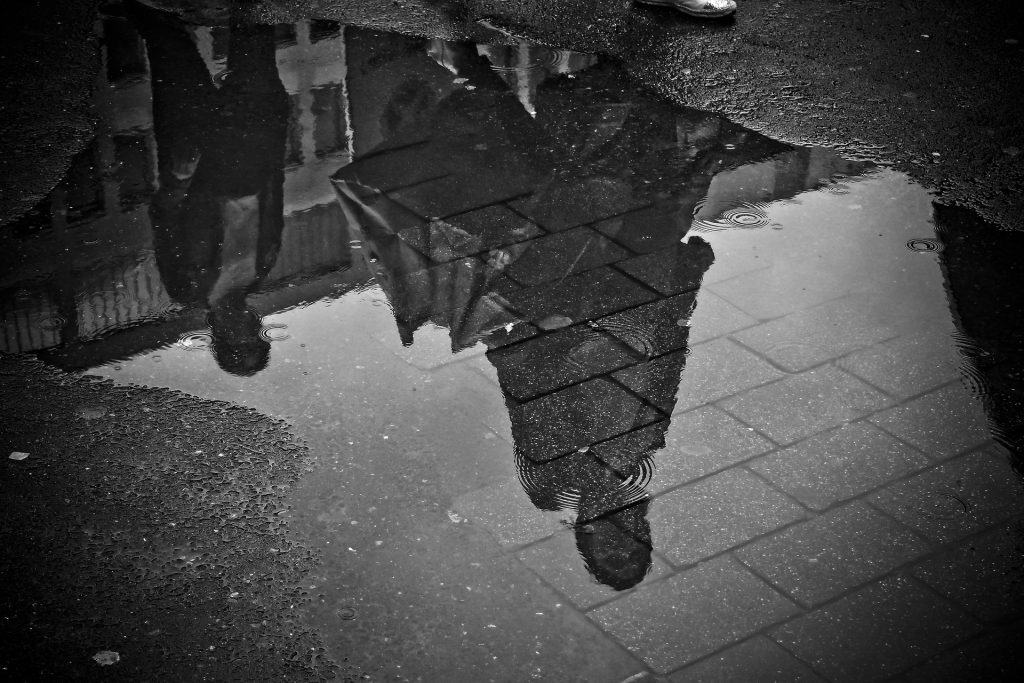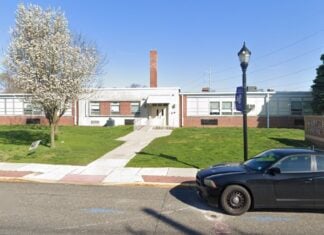
Medford Township Council was met with criticism during its most recent meeting from citizens over its resolution not to impose the Clean Stormwater and Flood Reduction Act or the “rain tax.”
Several citizens said council should table the bill until it has consulted with the environmental commission, and that the quick decision is due to a “political move” instead of consideration for Medford’s environmental well-being.
“It just concerns me that someone who is not from the town, who may have a political position, but doesn’t know our water, doesn’t know our streams,” said Bruce Goldman, a Medford citizen, referring to Republican Assemblyman Ryan Peters telling municipalities to reject the measure.
Peters has created an avenue for people to take action by providing local governments with the framework of a resolution to ban the tax and helped circulate an online petition allowing for voters to urge their mayor to reject the rain tax.
But Medford Mayor Charles Watson said council “probably” would have made the same decision even without Peters and the party’s vocal opposition.
“There’s a good chance we would have passed the resolution even if Ryan Peters wasn’t running for office and hadn’t come out with the idea. He certainly put the idea in our head, but we weren’t going to impose that tax here anyway,” said Watson.
Medford’s showdown highlights the growing question of how the controversial “rain tax” will affect citizens and towns across the state as local municipalities consider whether to approve it or not.
The bill, S1073, called a “rain tax” by Peters and other opponents, lets municipalities establish their own local stormwater utility. To finance the improvement of the state’s stormwater infrastructure, the municipality could then charge property owners a fee based on “a fair and equitable approximation” of how much runoff is generated from their property.
The measure does not impose a wide-ranging tax on a community. Towns and counties are able to target properties where stormwater easily washes off. Properties that would most likely be affected are places that hold large parking lots, such as malls and office parks, carrying with it chemicals, pesticides and bacteria that often contaminate the state’s waters.
“I think the council is well aware, and the public is well aware, that we have bodies of water in town that have contaminants in excess of state standards, including fecal matter,” Goldman said during the public hearing.
Some of the citizens said they aren’t necessarily advocating the township take action with respect to a tax charge, but stress that it can be a valuable “tool in the toolbox” if such an occurrence was necessary in the future.
But council members insist that the town’s current infrastructure is sufficient for this problem and that the measure would tax the residents of the town for something they are already paying for.
Deputy Mayor Frank Czekay explained during the meeting that the storm water utilities currently put in place are already funded by the general budget, which is 100 percent paid for by the taxpayers. He stressed that the town doesn’t have an additional need to tax citizens for yet another utility. He considers the measure to be “a poorly drafted piece of legislation,” and one of the worst he’s seen in his lifetime.
Councilman Erick Rebstock, who after listening to the public hearing, said he is comfortable with the council’s decision. He also expressed, similar to Czekay, that the town already has a system in place to manage stormwater.
Some of the citizens walked out when the council officially approved the resolution to not implement the measure.
“How many people need to come to the meeting and say they oppose it before they listen?” said Jackie Faust, a citizen of Medford, after the meeting was adjourned.
The next board meeting will be held on May 7 at 7 p.m. at the Public Safety Building.









